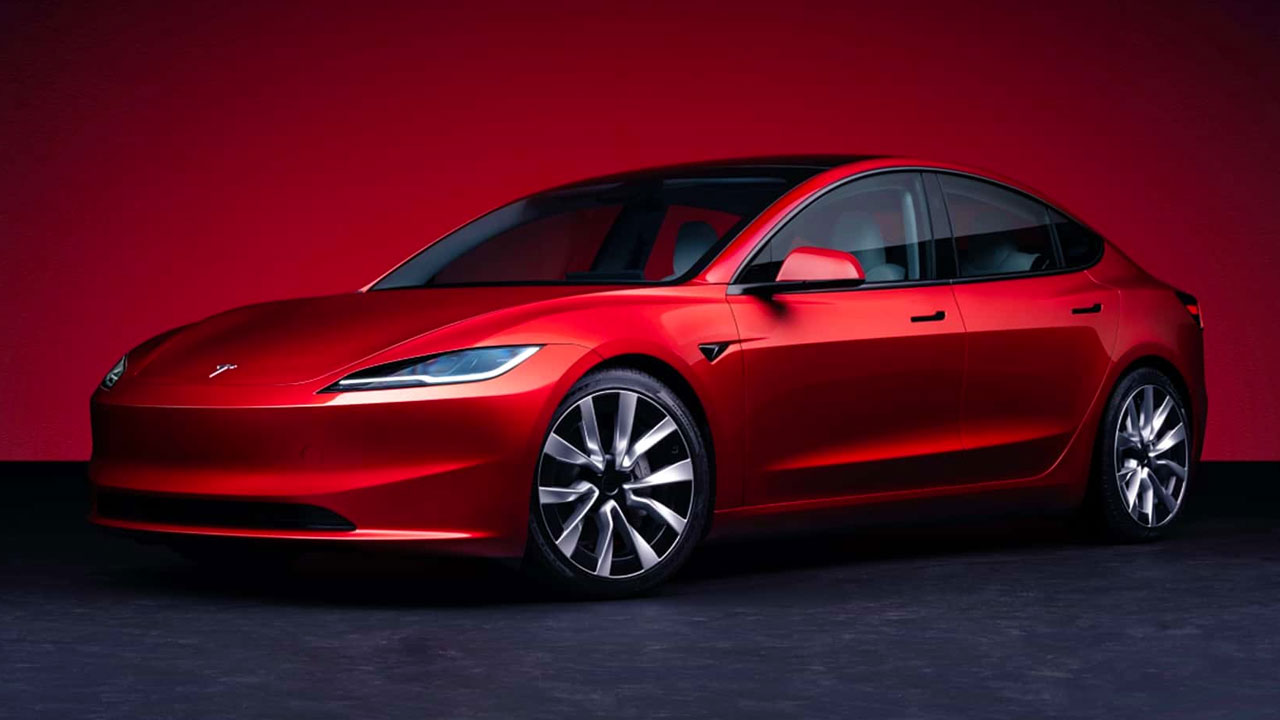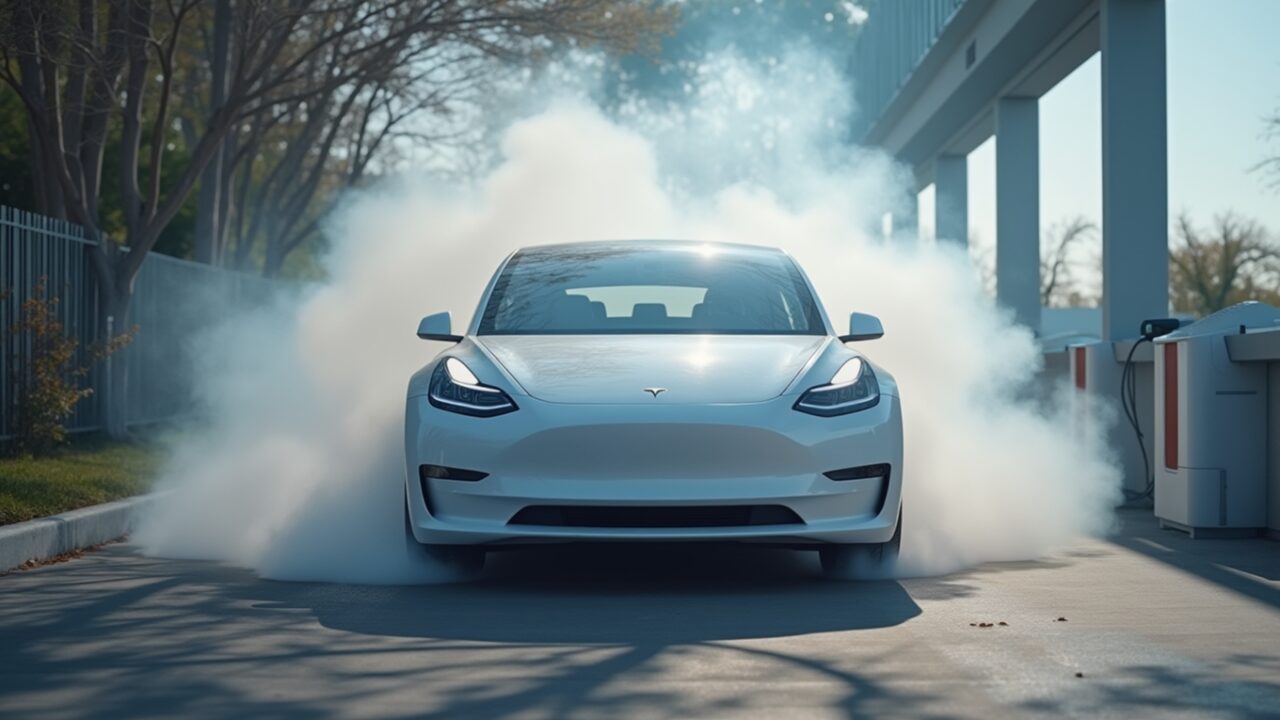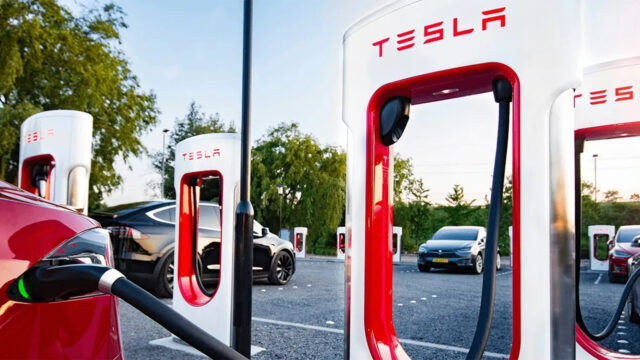According to S&P Global Mobility, battery electric vehicles (BEVs) accounted for 8% of new vehicle sales in the U.S. in June and July of this year. This figure indicates an increase from 7% during the first three months of the year.
Growth Rate of Electric Car Sales Slowed Down
Despite last year’s annual growth rate of 50%, there has been a noticeable slowdown in the growth rate. The electric vehicle market continues to grow, even with a decline in overall automotive sales. Chris Hopson, chief analyst at S&P Global Mobility, stated, “High interest rates and slowly decreasing vehicle prices continue to pressure consumers.” These factors are cited as key reasons for the anticipated 12% decline in overall vehicle sales.

While Tesla has played a significant role in the growth of the electric vehicle market, the company’s market share has fallen below 50% for the first time. This decline is attributed to an aging product lineup and controversial behavior by CEO Elon Musk. In California, the largest electric vehicle market in the U.S., consumer confidence in the Tesla brand has been shaken.
Other automotive giants are also reassessing their electric vehicle strategies. General Motors has postponed the launch of new electric models due to technical issues and has shifted focus to plug-in hybrid vehicles. Ford, despite nearly doubling its electric vehicle sales, has canceled plans for some battery factories and three-row electric SUVs to emphasize hybrid models.
These developments illustrate the challenges the automotive industry faces in transitioning to electric vehicles. However, the continued growth of the market is seen as a hopeful sign for the future of electric vehicles, especially with targets to phase out sales of internal combustion engine vehicles in Europe and the U.S., which continue to push the industry toward electric vehicles.














